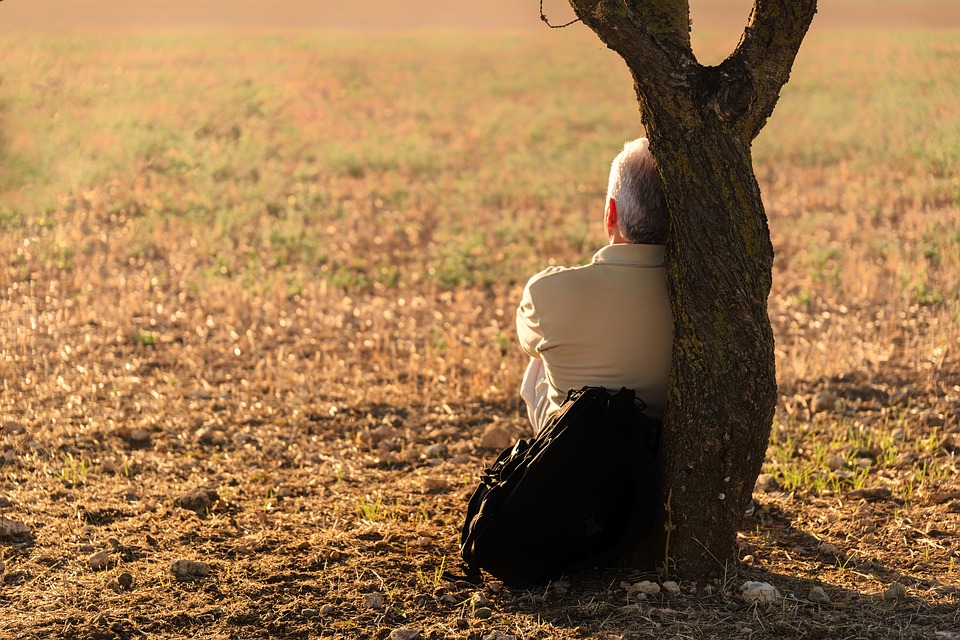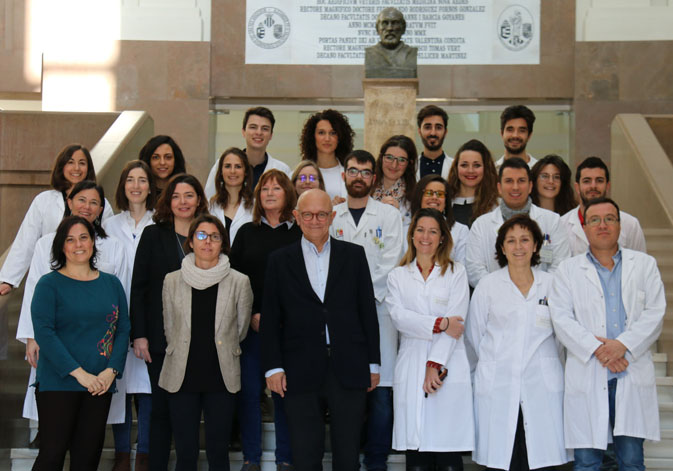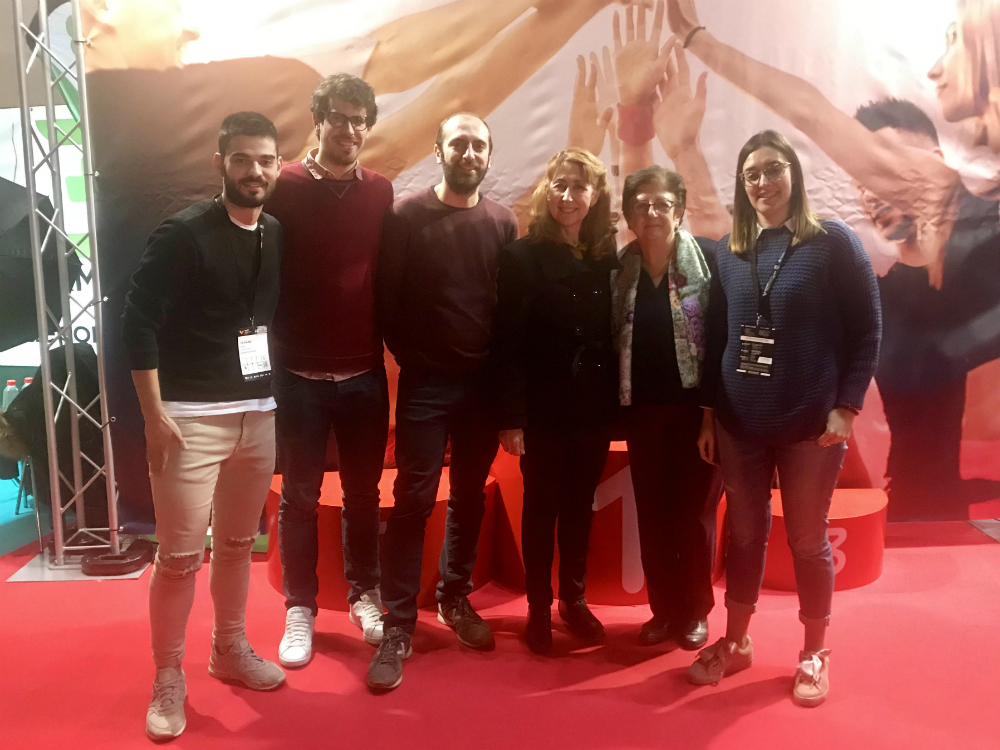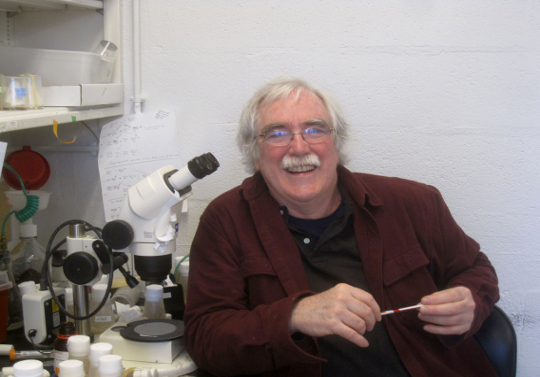
A recent study published in the journal Proceedings of the National Academy of Sciences (PNAS) shows that loneliness causes a physiological reaction in our organism.
12 february 2016
A group of American researchers have concluded that loneliness affects the production of leukocytes of the blood and makes that people that suffer from solitude have a less effective immune response than a person who does not suffer this pathology. With this study it is demonstrated that loneliness is not just a psychological conception, since it also has physiological effects in our organism.
John P. Capitanio from the Primate Research Center of the University of Califorcian, John Cacioppo from the University of Chicago and Steven W. Cole from the University of California in Los Angeles lead this recent study on loneliness. The results were published in the journal ‘Proceedings of the National Academy of Sciences’ (PNAS). You can read the complete article here.
John Cacioppo explained that “feeling lonely means you are not in a socially affine environment but rather in a relatively hostile environment. In socially affine environments, protection against viral infections is specially important, whereas in hostile environments, protection against bacteria is important.” That is, loneliness decreases protection against viral infections: when individuals are isolated, their cells are more focused in the protection against the bacteria and ‘put aside’ the response against viral infections. They are more vulnerable to different pathologies that other individuals that do not suffer loneliness.

The study is based on the analysis of the regulation of leukocytes (the cells in charge of defending the organism against bacteria and virus) of 141 older adult humans over a five-year period. The researchers noticed increased activity in genes that produced inflammation and less activity in genes that help to fight these inflammations in the patients that were lonely. Loneliness makes that the activity of the cells that help to defend us against these viral inflammations decreases, since this ‘attention’ of the cells results in protection against bacteria.
The study also took into account monkeys, in which the same reactions were noticed. The researchers infected monkeys with simian immunodeficiency virus and it grew faster in the monkeys that were isolated than in monkeys that were in a group. The reason, according to this study, is that the immune system releases monocytes, a type of leukocytes related to high levels of inflammatory proteins and low levels of antiviral proteins.
This study is closely related with previous works of John Cacioppo, who had already analysed what he calls as the ‘social neuroscience' and that scientifically shows the importance that the individuals are not isolated. Read more on social neuroscience here.











